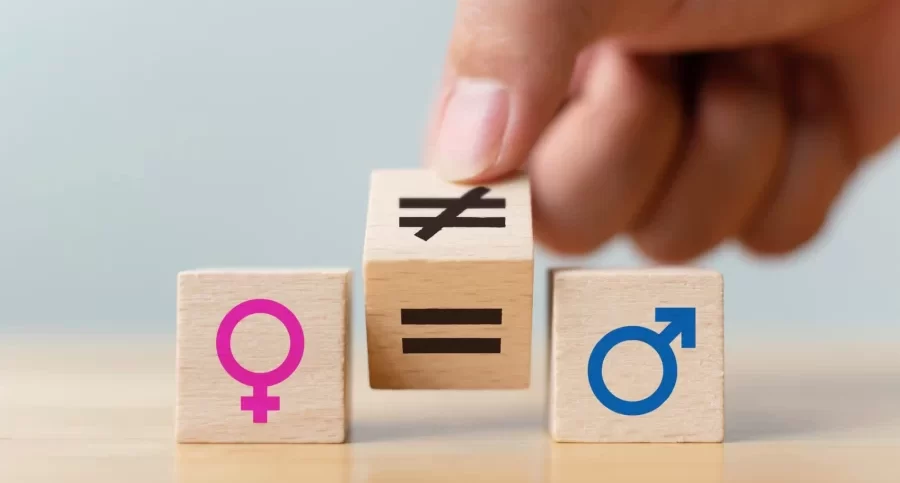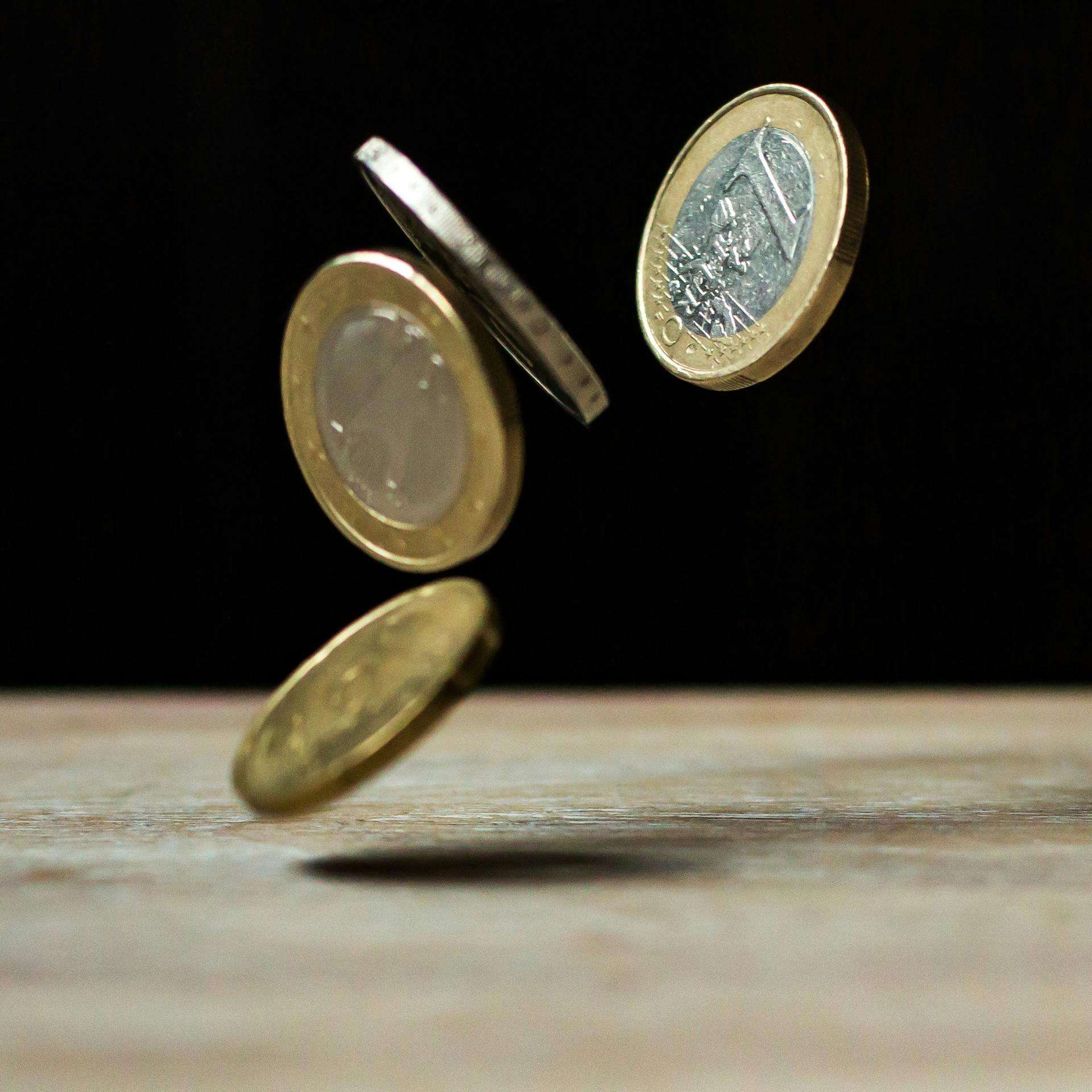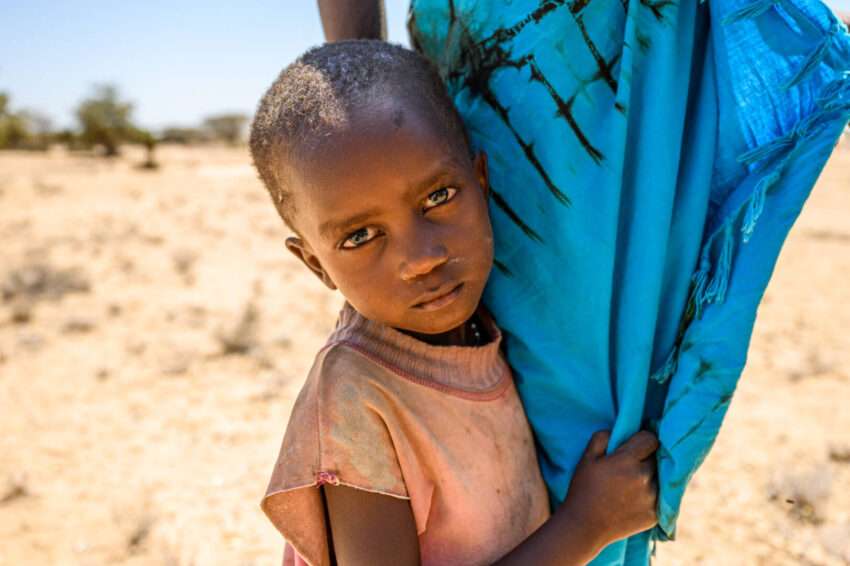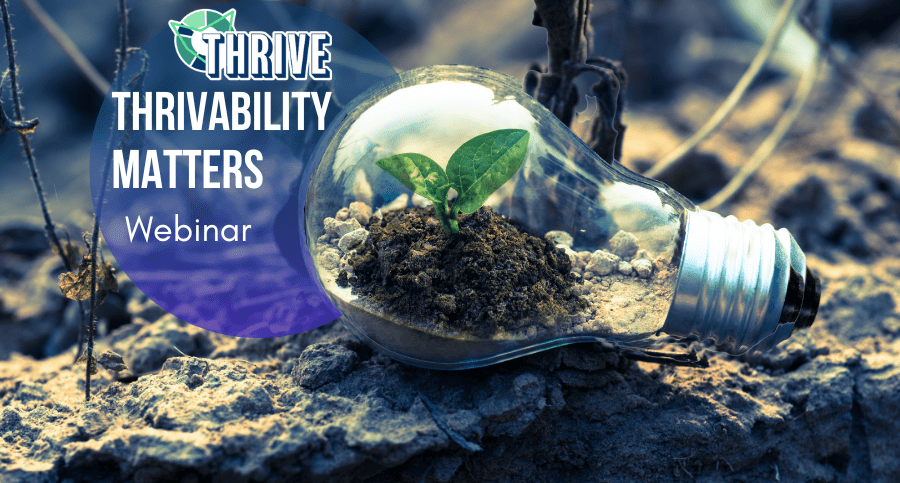Male Birth Control: A Step Towards Shared Responsibility
Introduction Family planning has long been considered a woman’s responsibility (Christin-Maitre, 2013), leaving men with limited options beyond condoms and vasectomies. However, shifting societal norms and advancements in medical research have reignited discussions about male birth control. More men are expressing an interest in playing an active role in family planning (Martins and Boraas, 2023). […]
Male Birth Control: A Step Towards Shared Responsibility Read Post »
Health, Innovation, Science


























